Find out what the garden and propagation teams have been up to this week.

Hellebores in winter

A welcome sight in late winter and early spring, the hellebore provides a feast for the eyes. Christmas rose or Lenten rose as they are commonly known, come in hundreds of different varieties and, providing you have a part-shaded or fully shaded spot with a humus rich soil and good drainage, then growing hellebores is easy.
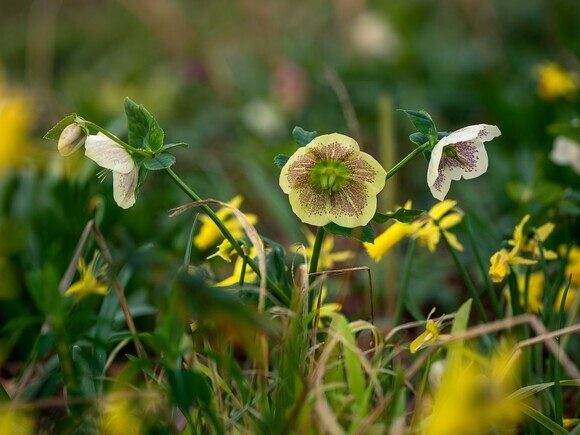
Most hellebores are classed as herbaceous perennials, however, many are evergreen and will have something to offer your border all year round. But I’m sure no one can deny they really come into their own once the blooms have opened and they can demonstrate their elegance and beauty to full effect. Hellebores will flower for a couple of months, usually from late February right through until late April. They emerge when winter still has hold over most of our garden plants, and carry on delighting us daily until spring is in full flow and a vast array of spring and summer flowering perennials take over.
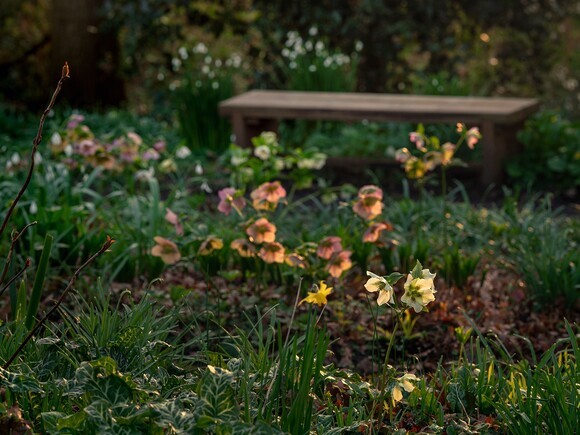
By far the most common, and understandably so, are the oriental hybrids, Helleborus x hybridus. These are seed-raised and are known for their toughness and low-maintenance. The variety of single flowers, double flowers, speckled flowers and endless colours will entice and enthral even the most passive of gardeners. Here, we cut our leaves off (usually in the lead up to Christmas) as low to the ground as possible to prevent disease and to allow the magnificent blooms to be shown off to their best.
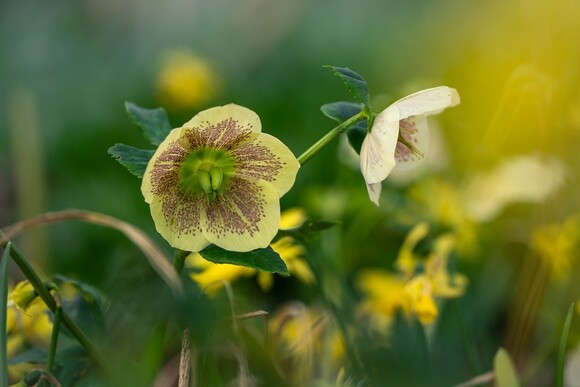
If your soil is on the dry side, then Helleborus x nigercors is a good choice. A hybrid between H. niger (Christmas rose) and H. argutifolius (Corsican hellebore), this is a bold, evergreen plant loaded with usually white flowers fading to green later. Another ideal hellebore for doing well in dry shade and providing year round interest is H. foetidus. Deeply cut foliage and long-lasting, muted, yellow-green flowers make this species a great companion plant.
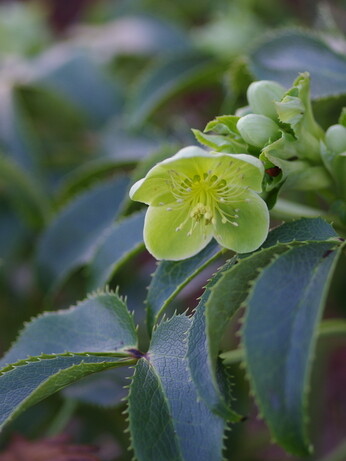
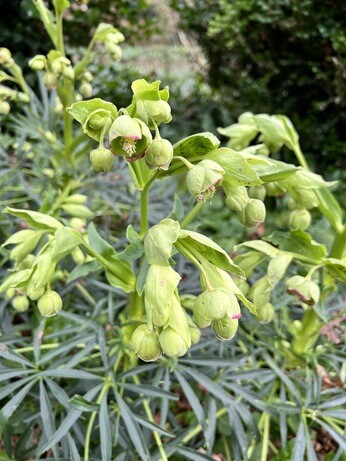
Plants to compliment hellebores
With their dark green foliage and flowers ranging anywhere between pure white and deep, plum-purple, it’s good to get the most from your hellebores. As large, clump-forming perennials, it’s important to give them enough space to form a good strong root-ball and showcase their beautiful flowers. But around them, you can give the whole garden a lift by planting various galanthus (snowdrops) for a touch of class, or narcissus (daffodils) for that splash of bright yellow to off-set the different colours of the hellebores.
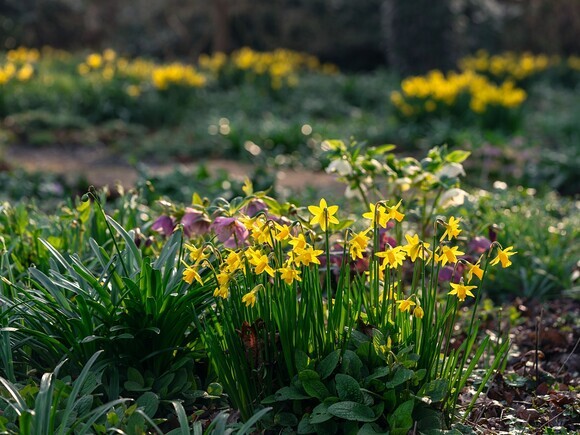
Having a backbone of winter interest shrubs like the strikingly bright, fiery stems of cornus (dogwoods) or sweetly-scented, evergreen sarcococca (Christmas box) will enhance your borders over the winter months and into spring as well, bringing the whole garden to life.


COMMENTS